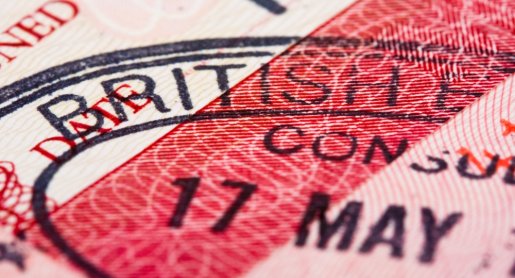Under new rules proposed by the British Foreign Office, coming into effect on July 9, up to 5000 students a year could be denied entry to the United Kingdom under student visas.
The move, designed to discourage bogus students from entering the United Kingdom, also means that only the brightest and most accredited people will gain access to the country in order to study.
Some figures have shown that if the new rules were in place during 2011, up to 45% of applicants from Burma and 38% of applicants from Bangladesh may have been rejected.
Under current rules, it is the understanding that even if the UK Border Agency have serious doubts about the credentials of a client, they are unable to refuse them entry into the country. This now means that foreign students who are wanting to enter the United Kingdom to study now have make sure that they are able to prove their willing to study with institutions.
Opposition to the Changes
Critics of the new scheme, including over 70 university chancellors, have however, warned that the crackdown could force foreign students to go elsewhere in the world to study, causing the loss of billions of pounds to the economy of the country.














